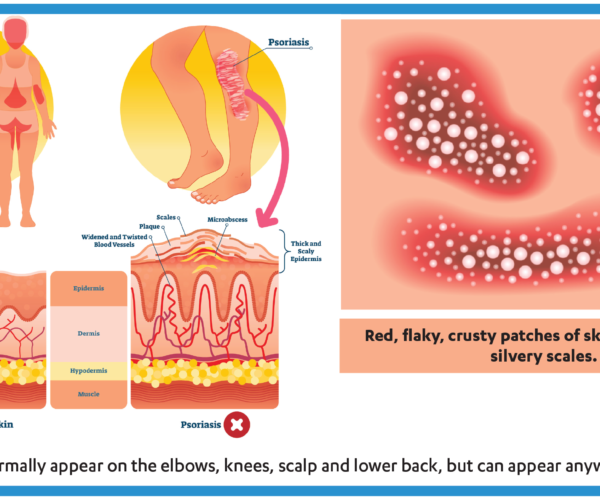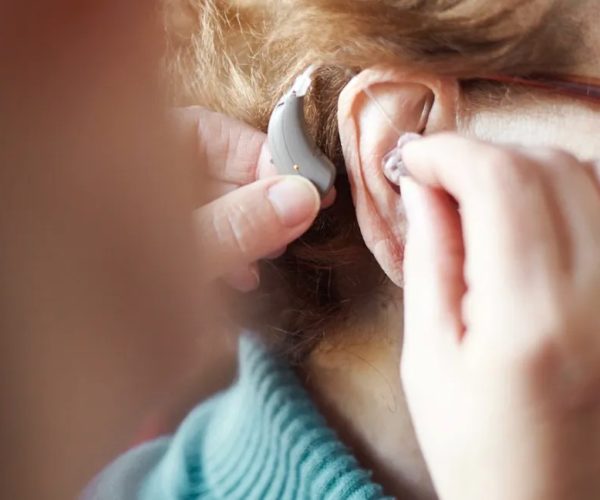Psoriasis is a skin disease that forms scaly, itchy, and dry patches on the skin, especially on the knees, elbows, trunk, and scalp. It is a chronic disease that can be excruciatingly painful at times. Skin inflammation causes a lack of concentration and discomfort during sleep. A person with active psoriasis should not ignore the doctor’s advice.
- Moisturize your skin
People with psoriasis must keep their skin moisturized, as dry skin can be itchier. You can use moisturizing creams and ointments like petroleum jelly that are thick and oily. Moisturized skin heals faster and helps in managing flare-ups. Try to use moisturizing creams that are fragrance- and alcohol-free. They cause more dryness in the skin than in others. You can also add oil to the bathwater to soothe dry and itchy skin. To avoid any confusion, stay in contact with your dermatologist.
- Be careful with your skin
Take good care of your skin. Never pick at patches or scale, as it may worsen the flare-ups. Trim your nails with extreme caution, as doing so incorrectly may aggravate your symptoms. Avoid bathing with too much hot water, and limit your shower time to 10 minutes.
- Reduce stress
Stress can be the reason for various health issues in your body. It may also affect your skin issues, causing inflammation there. Although stress has no direct connection with flare-ups, it needs to be controlled as it affects the immune system of the body. If your psoriasis is causing you stress or anxiety, you should talk to your doctor. You may also practice yoga, deep breathing exercises, and various other things that may help reduce your stress level.
- Use a humidifier
If you live in a dry climate, you can use a humidifier inside your house. Dry and cold weather makes the symptoms worse for many people. Humidifiers help keep the skin moist in dry weather. Moisturizing the skin helps in managing psoriasis flare-ups.
- Eat a healthy and nutritious diet
According to the researchers, diet does not have any direct link with psoriasis, but what you eat may affect psoriasis symptoms. The eating habits of the person may cause an interruption in the treatment and reduce its effectiveness. Eating a healthy and nutritious diet could help reduce the severity of flare-ups. As per the experts, you must include omega-3 fatty acids in your diet to help decrease inflammation. Fatty fish, fish oil supplements, soy, nuts, and seeds are considered the best sources of omega-3 fatty acids. But before including them in your diet, always consult with your doctor.
- Avoid medications that cause Flare-ups
Always discuss with your doctor if you are on any other medication. Consult with them if any medication may affect your psoriasis. It has been found that some drugs like lithium, propranolol, and quinidine may worsen psoriasis flare-ups. If you are taking any of these medications, always inform your doctor in advance. They will help you by providing some substitutes for them that may not affect your psoriasis.
Other than this, you must maintain your body weight and do regular exercise for healthy living. It helps a lot in reducing psoriasis flare-ups. Visit icare4u for more information.




